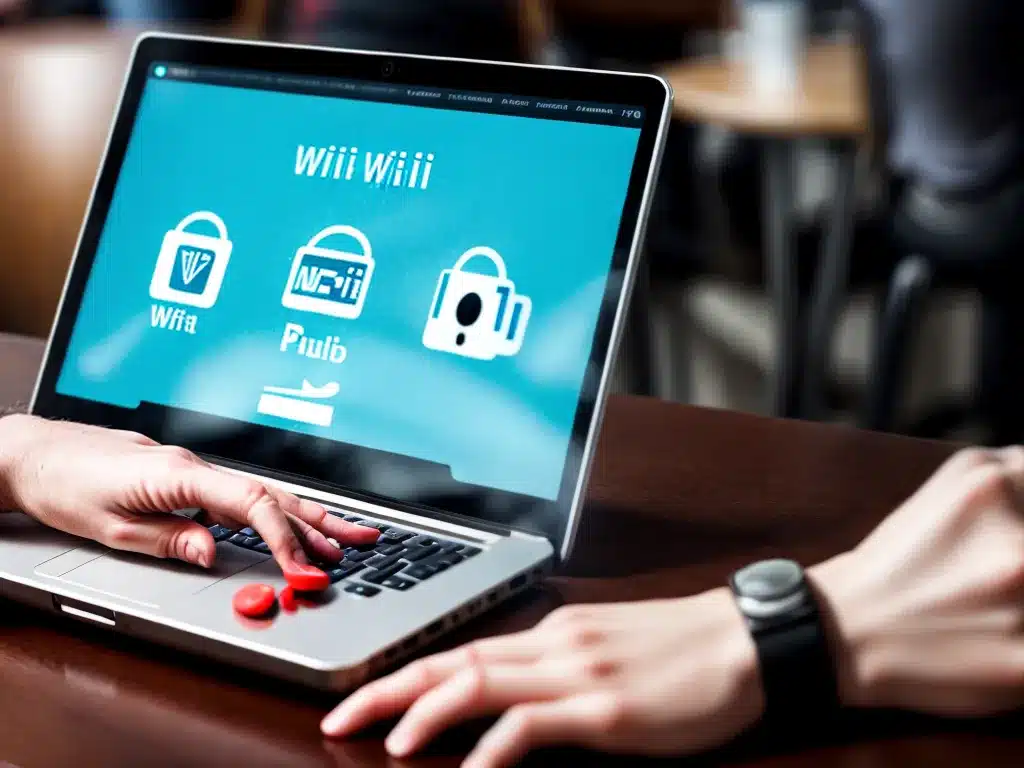
Introduction
Public WiFi networks are available almost everywhere nowadays – coffee shops, airports, hotels, malls, and more. While public WiFi provides convenient internet access, it also poses significant risks to your privacy and security when used improperly. In this article, I outline the dangers of public WiFi and provide tips on how to use it safely.
The Risks of Public WiFi
Lack of Encryption
Many public WiFi networks do not encrypt internet traffic. This means that your online activity and information can be easily intercepted by hackers when connected to these networks. Sensitive information like your passwords, bank details, emails, and private messages can be stolen.
Evil Twin Attacks
Hackers can set up fake WiFi hotspots with the same name as legitimate public networks. When users connect to these “evil twin” networks, all their information is routed through the hacker’s system and can be stolen. It’s difficult to tell the difference between a fake evil twin and the real WiFi network.
Man-in-the-Middle Attacks
Sophisticated hackers can position themselves between your device and the WiFi router using special tools. This allows them to monitor, intercept, and alter all internet traffic. They can steal information and inject malware without the user realizing it.
Malware Spreading
Connecting to public WiFi exposes your device to malware that spreads through the network. Malware can infect your device, steal information, lock down your system for ransom, and allow hackers total remote access.
How to Stay Safe on Public WiFi
Use a VPN
A Virtual Private Network (VPN) encrypts all your internet traffic and routes it through a private server. This prevents hackers on public networks from intercepting and reading your data. Research shows that using a reputable VPN is the best way to stay safe on public WiFi.
Avoid Sensitive Activities
Do not access your financial accounts, shop online, or share private information over public WiFi. Stick to basic web browsing and save sensitive activities for when you are on a trusted network.
Use HTTPS Websites
Look for the green padlock and “https://” in the URL. The “s” indicates encryption is enabled on that website to protect your communication. Avoid HTTP sites on public networks.
Turn Off File Sharing
Disable file sharing and network discovery in your system settings to prevent malware from spreading through the public WiFi network and infecting your device.
Use a Firewall
A firewall monitors incoming and outgoing network traffic and blocks potential malicious attacks. Enable your operating system’s built-in firewall before connecting to public WiFi.
Update Your System
Keep your operating system, browser, and security software updated to protect against latest WiFi threats and vulnerabilities. Updates often patch security flaws which hackers exploit.
Conclusion
Public WiFi offers great convenience but also poses significant risks to your privacy and security. With proper precautions like using a VPN, avoiding sensitive browsing, being cautious of websites, disabling file sharing, and keeping your device updated – you can safely benefit from the perks of public WiFi. Take control of your security by following these best practices.












